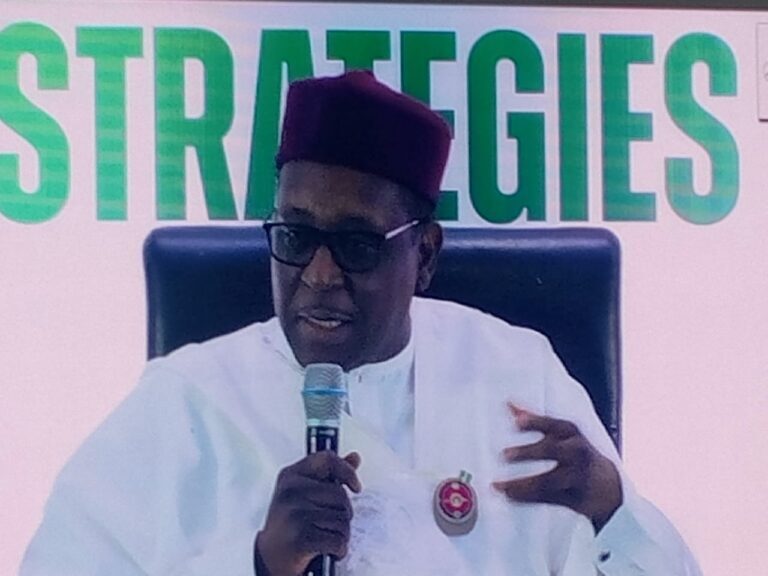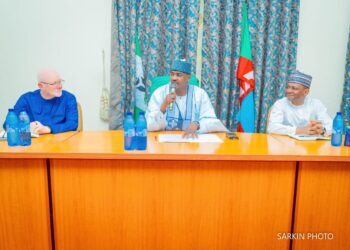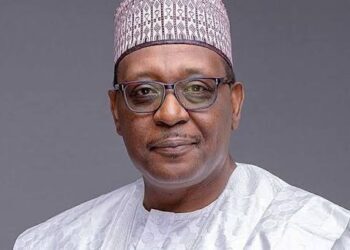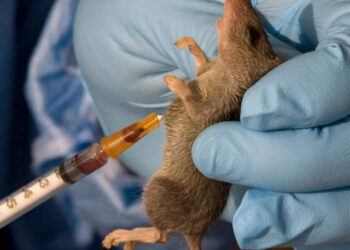The Minister of Health and Social Welfare, Prof. Muhammad Ali Pate, disclosed this on Thursday in Abuja.
Pate spoke at a high-level meeting with the Polio Oversight Board development partners and government officials.
He expressed concern over the financial burden of polio eradication.
He said that in spite of strong political commitment, Nigeria had continued to face operational challenges hindering complete eradication of poliovirus.
“Key among these challenges is false vaccination records, with one in four children marked as vaccinated despite not receiving the vaccine,” he said.
Pate also identified as a challenge, weak supervision leading to inconsistencies in immunisation coverage.
He added that poor micro-planning left vulnerable children unvaccinated, particularly in high-risk communities.
To tackle these, he said that the government has activated a Polio Task Force under the National Economic Council (NEC) chaired by Vice President Kashim Shettima.
He said that it had mandated state governors to take full ownership of polio eradication efforts at the local government level.
The minister said that strict accountability must be enforced at all levels to ensure that Nigeria would not reverse its gains in polio eradication.
He said that Nigeria was working to integrate polio eradication into routine primary healthcare services.
“ This aligns with President Bola Ahmed Tinubu’s Renewed Hope Agenda, which prioritises expanding primary healthcare infrastructure and improving service delivery, retraining 120,000 frontline health workers, with 60,000 already trained, and promoting local vaccine production.”
Pate said that the agenda also priorised strengthening surveillance and outbreak response mechanisms to detect and respond swiftly to poliovirus cases.
The minister also identified misinformation and vaccine hesitancy as major threats to polio eradication.
He called on social media platforms such as Facebook, Twitter and WhatsApp to take decisive actions against false vaccine narratives which, he said, had contributed to lower vaccine acceptance in some communities.
“We are engaging traditional and religious leaders to counter misinformation, but digital platforms must do more to curb false narratives about vaccines,” he said.
The News Agency of Nigeria (NAN) reports that while Nigeria was declared free of wild poliovirus in 2020, challenges have persisted with circulating vaccine-derived poliovirus (cVDPV).
Volunteer Community Mobilisers (VCMs) have been instrumental in raising awareness and countering misinformation about polio vaccination.
In northern Nigeria, VCMs engage directly with families, addressing concerns and emphasising the importance of immunisation.
Their efforts have significantly contributed to increased vaccine acceptance.
The Federal Government, in collaboration with global partners, aims to interrupt all poliovirus transmission, including cVDPV, by the end of 2026.
This ambitious goal requires enhanced routine immunisation, swift outbreak responses, and robust surveillance systems to monitor and address new cases promptly. (NAN)











